Decoding Mortgage Rates: Fixed vs. Variable in Toronto, Canada

INTRODUCTION
Have you ever wondered how mortgage choices can shape your financial future, especially in a market like Toronto? Understanding the difference between fixed and variable rate mortgages is an important consideration for anyone interested in real estate.
This blog is designed to shed light on the world of fixed and variable rate mortgages. We’ll explore how each type functions, their benefits and drawbacks, and how they fit into Toronto's real estate landscape.
If you're a first-time buyer, a homeowner, or you're simply curious, you're in the right place.
By the end of this blog you’ll have a deeper understanding of mortgage rates, and also the insight to evaluate how they might affect you, regardless of where you are on your real estate journey.

THE BASICS OF MORTGAGE RATES
Unless you've won the lottery or you come from wealth, you're likely going to require a mortgage to purchase a home. A mortgage is essentially a loan that is covers a large portion of your home purchase that you pay down over a long period of time. That loan, is subject to interest, and the interest you're required to pay is set by a rate.
There are generally two types of rates you can choose from. The first is a fixed rate, and the second is a variable rate.
Fixed meaning, the rate stays the same. Variable meaning, the rate fluctuates with the underlying benchmark.
These rates are the heartbeat of your mortgage and can impact your financial journey as a homeowner. In Toronto, mortgage rates are shaped by a variety of key factors.
Influencing Factors:
Bank of Canada’s Overnight Rate: This foundational rate is set by the Bank of Canada and it directly influences lending rates across the country, including in Toronto.
The Bond Market: The bond market plays a role in fixed mortgage rates.
Inflation: The ebb and flow of inflation can cause shifts in mortgage rates.
Economic Conditions: Broader economic trends, both nationally and globally, play a crucial role.
Lender Policies: Individual lender policies and market competition also dictate the rates offered to consumers.
Fixed vs. Variable Rates:
Fixed Rates: These are closely linked to the bond market. As bond yields rise and fall, so do fixed mortgage rates, offering a sense of predictability.
Variable Rates: Conversely, variable rates are primarily influenced by the prime rate, which is more directly affected by the Bank of Canada's policy decisions.

ADVANTAGES AND DISADVANTAGES OF FIXED RATES
Fixed rate mortgages stand out for their stability and predictability, making them a popular choice for many homebuyers. Understanding the advantages and disadvantages of this type of mortgage is required to make an informed decision.
Advantages of Fixed Rate Mortgages
Predictability and Stability
Consistent Payments: The hallmark of a fixed rate mortgage is its unchanging interest rate throughout the term. This stability translates into equal monthly payments, making budgeting simpler and more predictable.
Peace of Mind: For those who value financial certainty, fixed rate mortgages eliminate the worry of fluctuating interest rates. You can plan your finances with confidence, knowing your mortgage payments won’t change.
Protection Against Rate Increases
Security in a Rising Rate Environment: If market rates increase, your fixed rate mortgage shields you from these hikes. This protection can lead to significant savings over the term of your mortgage, especially in an unstable economic climate.
Disadvantages of Fixed Rate Mortgages
Higher Initial Rates
Costlier Than Variable Rates Initially: Generally, fixed rate mortgages start with higher interest rates compared to their variable counterparts. This means you could be paying more per month from the outset.
Missed Savings Opportunities
Lack of Flexibility in a Falling Rate Market: One of the biggest drawbacks is the inability to benefit from decreasing interest rates. If market rates drop, you’re locked into your higher fixed rate, missing out on potential savings.

ADVANTAGES AND DISADVANTAGES OF VARIABLE RATES
Variable rate mortgages offer unique benefits and risks. It's important to understand these to determine if this type of mortgage aligns with your financial strategy and lifestyle.
Advantages of Variable Rate Mortgages
Potential for Lower Rates
Savings in a Decreasing Rate Environment: If interest rates go down, variable rate mortgages can lead to lower monthly payments and reduced overall interest costs. This could result in significant savings over the term of your mortgage.
Flexibility
Adjustability to Market Conditions: These mortgages are often more responsive to market changes, potentially allowing you to benefit from favorable economic trends.
Disadvantages of Variable Rate Mortgages
Risk of Increasing Rates
Uncertainty in Payments: A major drawback is the uncertainty associated with fluctuating rates. If interest rates increase, your mortgage payments will follow suit, which can strain your budget.
Less Predictability
Financial Planning Challenges: Due to the fluctuating nature of variable rates, long-term financial planning can be more challenging. This lack of predictability can be a significant concern for those who prefer stable, consistent payments.
Shorter Terms
Frequent Renegotiations: Variable rates are often linked with shorter-term mortgages, necessitating more frequent renegotiations of terms, which can be a hassle and lead to instability in your financial planning.
Risk Tolerance: Assess your comfort level with the possibility of fluctuating payments. If you have a higher tolerance for risk and flexibility in your budget, a variable rate mortgage might be suitable.
Variable rate mortgages can offer potential savings in a favorable interest rate environment but come with the risk of payment fluctuations and less predictability.

FACTORS TO CONSIDER WHEN CHOOSING BETWEEN FIXED AND VARIABLE
The decision between fixed and variable mortgages is significant. It requires balancing several factors to align with your financial situation and homeownership goals. Here are some considerations to guide you in making the choice:
Assessing Risk Tolerance
Comfort with Fluctuations: Your comfort level with interest rate fluctuations plays a role. A variable-rate mortgage might suit you if you're open to some uncertainty and potential rate changes. In contrast, if the idea of a fluctuating rate causes anxiety, a fixed-rate mortgage offers more stability.
Long-Term Financial Goals
Duration of Home Ownership: Your homeownership timeline is also a consideration. If you're planning to stay in their home for a short period, a variable rate can provide short-term savings. On the other hand, if you're going to be living in your home for a long time, a fixed rate offers long-term financial predictability and ease.
Evaluating Market Conditions
Understanding Current Trends: The current state of the market can influence your decision. In a low-interest-rate environment, locking in a fixed rate might can be a great move. Conversely, if rates are high or expected to decrease, a variable rate could be the better play.
Consult with a Mortgage Professional
Expert Advice: It's a smart move to seek guidance from mortgage professionals. They can provide insights into market trends, help you understand how rate types fit your financial scenario, and offer advice.
Personal Financial Situation
Budget and Cash Flow: Consider your budget flexibility. If your budget can handle potential increases in mortgage payments, a variable rate might work well. However, for strict budgeting, a fixed rate ensures consistent payments.
Interest Rate Projections
Future Rate Expectations: While it's impossible to predict the future, educated guesses about interest rate trends can influence your decision. Economic forecasts and expert analyses can offer valuable information.

THE FINAL CHOICE
The best mortgage for you balances your current needs with future goals and risk comfort. It's a decision that should offer both financial manageability and peace of mind.
Evaluate your finances, consider your long-term objectives, and consult with a mortgage expert to make a well-informed decision.
As you embark on your mortgage journey, the key is to thoroughly evaluate your personal financial situation and align it with your long-term homeownership goals. Consider how different mortgage types fit into your financial plan, taking into account both the stability offered by fixed rates and the potential savings of variable rates.
Staying on top of the ever-changing mortgage rate fluctuations in Toronto is also important. This not only helps in making well-informed decisions but also in potentially capitalizing on favorable market conditions. Consulting with a mortgage professional can provide valuable insights and guidance tailored to your unique financial scenario.
Ultimately, the right mortgage choice is one that balances comfort, risk, and financial sustainability, setting you on a path to successful homeownership. With the right information and approach, you can navigate the complexities of the Toronto mortgage landscape confidently. Good luck on your journey towards finding the mortgage option that best suits your needs and aspirations.
Categories
Recent Posts
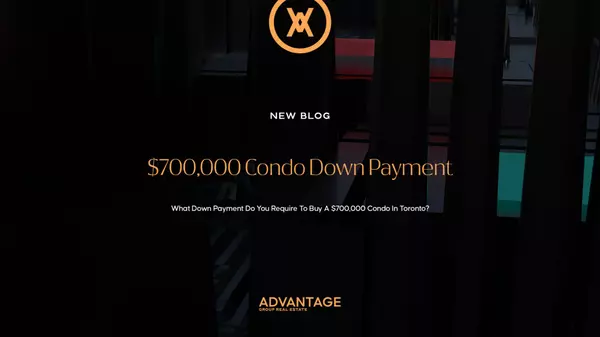
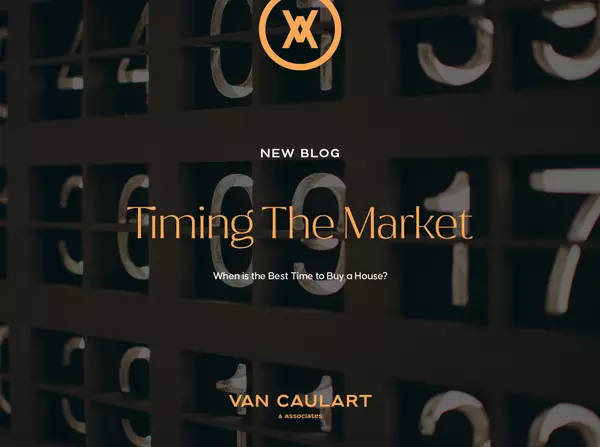
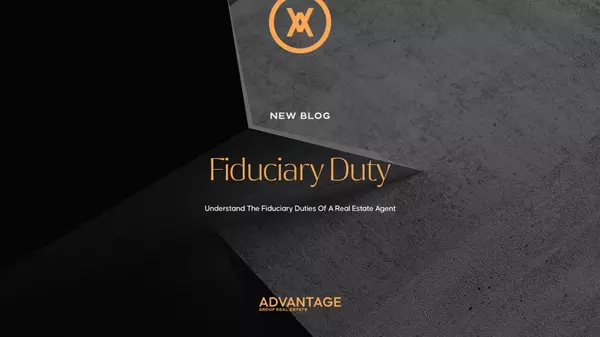

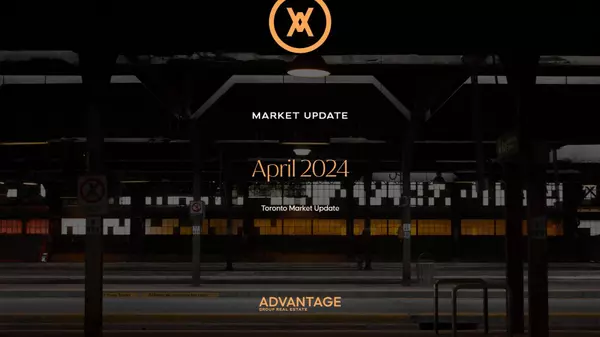
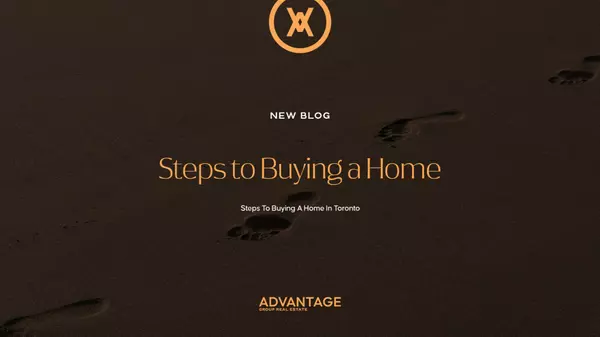
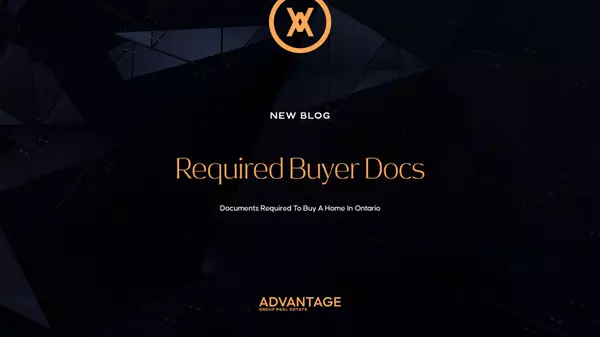
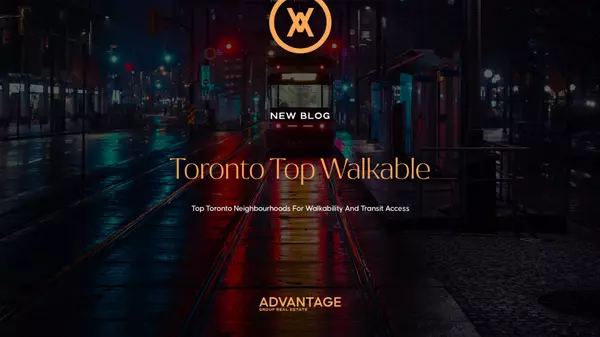
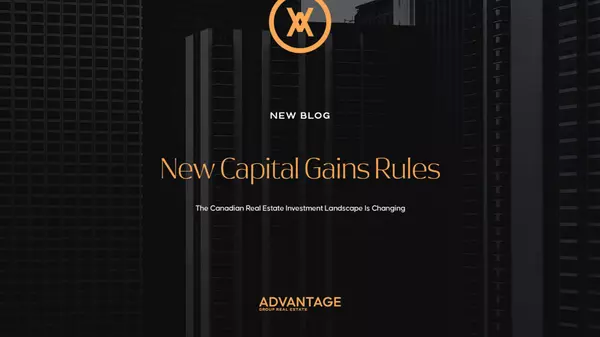
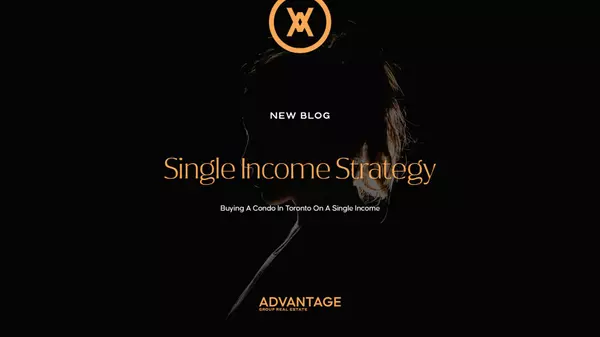

"My job is to find and attract mastery-based agents to the office, protect the culture, and make sure everyone is happy! "

